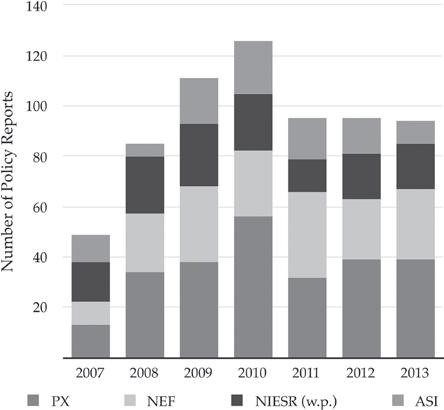258 Afterword: For a Comparative Sociology of Intellectual Change
the logic behind what they say and how what they say makes sense at a particular point in time and space. Such an effort, which by necessity would be comparative, would require us to learn to speak like those with whom, at a political level, we vehemently disagree with. However, in order to command the respect needed to be taken seriously in that exercise, we would have to make a much greater effort to learn others’—several others’—languages. We would have to think in their own terms, minding the fact that ideas have roots and weight. More fundamentally still, we would have to think we can experience the world like others—even partisan think-tankers—to, ultimately, understand the context in which ideas that seem pernicious to us are deemed convincing. Then would come the hard work of telling the story of the stories we tell ourselves and each other, to show how they evolve and how they are connected with the position from which we speak. In short, we would have to try to do what Akira Kurosawa did in Rashomon. I sought to contribute something along those lines, in the understanding that a sociology of intellectuals is, ultimately, a sociology of our polity.
References Medvetz, T. (2012). Think tanks in America. Chicago: University of Chicago Press. Misztal, B. (2012). Public intellectuals and think tanks: A free market in ideas?International Journal of Politics, Culture and Society, 25(4), 127–141.




